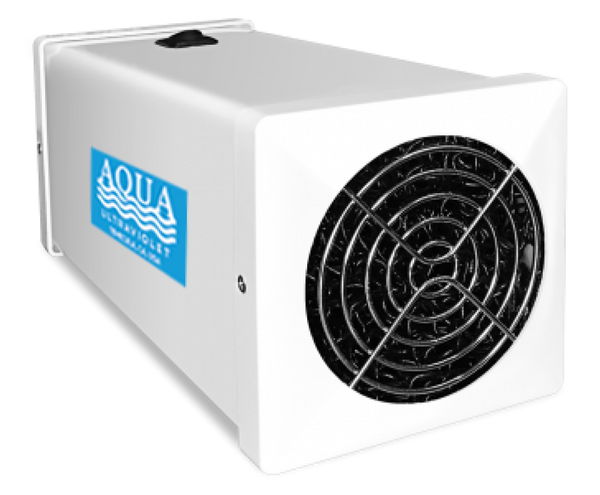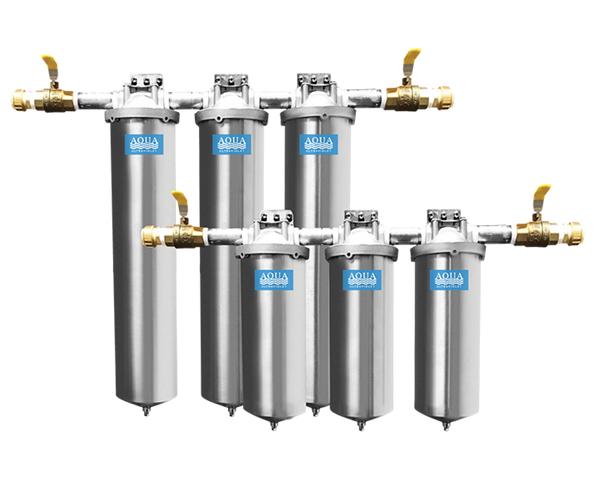

Life Depends On Water – Our Most Valuable Resource
Advanced water filtration designed for cleaner, healthier homes and sustainable living.
Aqua Ultraviolet is a UV sterilizer and filter manufacturer for aquaculture, drinking water, aquariums, greenhouse growing, and recreational water facilities such as pools and ponds.
It’s no secret that life depends on water, and that’s true now more than ever. As more and more discarded plastics are taking over our precious oceans and waterways, it’s up to us to take action and provide access to technology that will help to preserve, clean, and protect that water for the future.
-

AIR STERILIZERS
Enjoy Healthier and Fresher Air In Your Home or Workplace.
-

LIFE PLUS
Aqua Ultraviolet's 3-Stage Whole Home System Delivers Safe, Clean and Better Tasting Water!
-

UV STERILIZERS
Our UV Sterilizers Are Proven Work Horses In Multiple Industries.
-

FILTERS
Ultima II Bio-Mechanical Filtration.
DID YOU ALSO KNOW
-
 Shrimp and Krill: How Do They Fit in Your Aquarium's Ecosystem?Aquarium shrimp and krill help maintain tank health by consuming debris, algae, and bacter...Read more
Shrimp and Krill: How Do They Fit in Your Aquarium's Ecosystem?Aquarium shrimp and krill help maintain tank health by consuming debris, algae, and bacter...Read more -
 Municipal Water Safety versus Home Water Filtration SystemsMunicipal water meets basic safety standards but may still contain trace chemicals and...Read more
Municipal Water Safety versus Home Water Filtration SystemsMunicipal water meets basic safety standards but may still contain trace chemicals and...Read more -
 Modern Techniques for Advanced Water PurificationModern water purification techniques like UV sterilization and membrane filtration provi...Read more
Modern Techniques for Advanced Water PurificationModern water purification techniques like UV sterilization and membrane filtration provi...Read more
EXPERIENCE A DIFFERENCE IN YOUR WATER
Over Four Decades Building Lasting Relationships
Cleaning Water for Over 4 Decades


Whether you’re the proud new owner of a koi pond or simply want your family to experience fresh, clean drinking water, Aqua Ultraviolet is here to help. With over thirty years in the industry, Aqua Ultraviolet is a highly respected UV water sterilizer product company servicing several markets including aquariums, aquaculture, pools and spas, home water purification, and more.
All our products are manufactured for premium quality within our factories in Temecula, California, where each one is designed, created, and thoroughly tested to ensure it meets our high standards. Our centralized manufacturing facility also allows us to engineer and customize product designs for our customers to fit any application.
Keeping the Environment in Mind


As important as it is for humans to have access to clean drinking water, at Aqua Ultraviolet we also strive to keep our environmental impact to a minimum. When you choose a UV sterilizer over a chemical sterilizer, you’re choosing to help the environment. Ultraviolet sterilizers make it possible to decrease the need to use chemicals in the water purification process and as a result, produce very little waste.
What’s better than having fresh, clean, sanitized water? Having it consistently while knowing that your ultraviolet sterilizer has a Limited Lifetime Warranty. That’s right — all of Aqua Ultraviolet’s products come with a Limited Lifetime Warranty! So browse our online store to find a UV sterilizer that’s right for you and whatever body of water you need it for.







